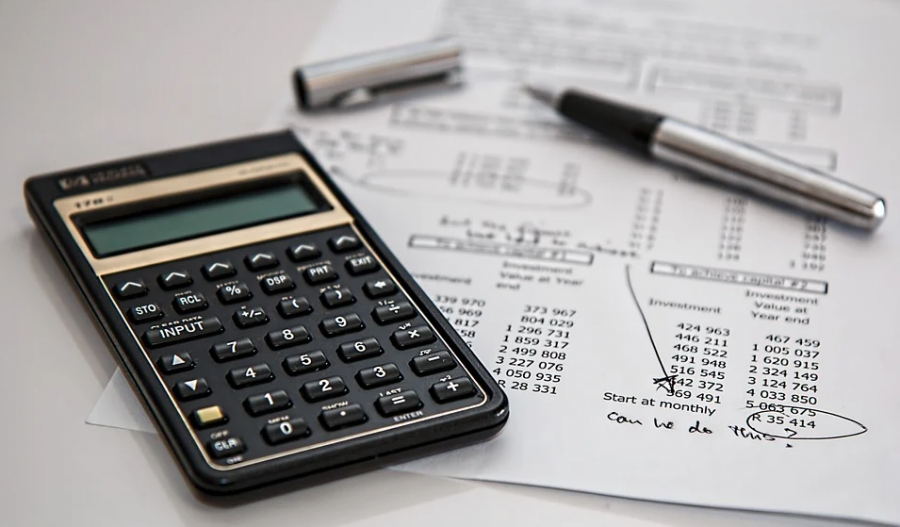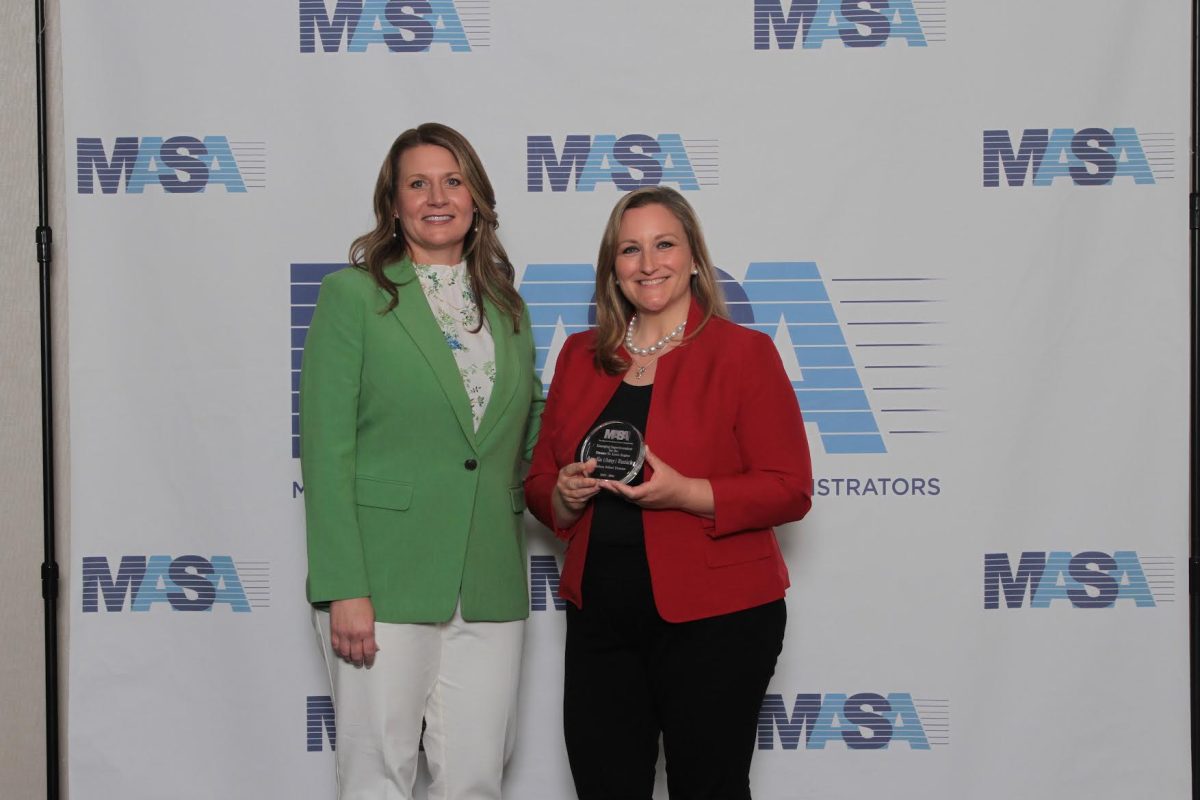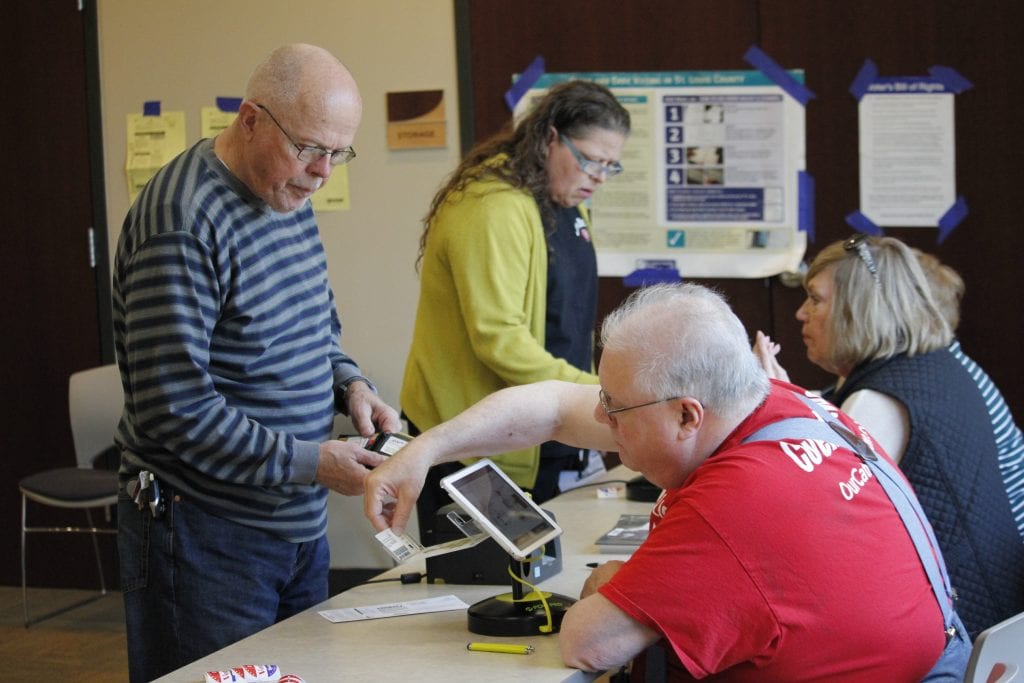Federal stimulus checks are on the way, and the IRS released a new online tool this week to check the progress of your direct deposit or find out if your paper check is in the mail.
But the unprecedented $1,200 stimulus checks going to every American below a certain income have also led to concern about when they might arrive or whether someone is getting one at all.
The IRS launched the “Get My Payment” portal on IRS.gov to track payments as they are issued. To access it, you will need to enter your date of birth, Social Security number and mailing address in order to see where your payment is. If a paper check has already been issued, the tool will say that your payment tracking is unavailable.
Many users have experienced glitches accessing the tool. But an intention behind it is to allow taxpayers who filed their tax return in 2018 or 2019 but did not provide their banking information on their return to submit direct deposit information. Once they do, they can get their Economic Impact Payments in their bank accounts quickly, instead of waiting for a check to arrive in the mail.
“Get My Payment” is an online app that will display on any desktop, phone or tablet. It does not need to be downloaded from an app store.
Americans who did not file a tax return in 2018 or 2019 can use the “Non-Filers: Enter Payment Info Here” form to submit basic personal information to quickly and securely receive their Economic Impact Payments.
Americans who filed 2018 or 2019 tax returns with direct deposit information or receive Social Security do not need to take action. They will automatically receive payments in their bank accounts.
“Get My Payment” cannot update bank account information after an Economic Impact Payment has been scheduled for delivery. To help protect against potential fraud, the tool also does not allow people to change bank account information already on file with the IRS.
St. Louis field office warns about scams
But with the checks going out, scammers will likely try to take advantage of vulnerable Americans looking for their checks. The agency warns taxpayers to be on the lookout for scammers and email phishing attempts about COVID-19 and stimulus payments.
Karl Stiften, special agent in charge of the St. Louis Field Office of IRS Criminal Investigation, said he wants to prevent taxpayers from being victimized by criminals using the recently approved payments as an opportunity to commit a crime.
“The existence of a deadly national pandemic will not stop criminals seeking to capitalize on the fears and difficulties faced by the public as they try to line their own pockets by stealing your money or your personal information,” Stiften said in a news release.
For most Americans, the stimulus check will come in the form of a direct deposit into your bank account. For the unbanked, retirees or other groups who have traditionally received tax refunds via paper check, they will still receive their economic impact payment by check.
The IRS does not initiate contact with taxpayers by email, text messages or social media channels to request personal or financial information.
Scammers may try to get you to sign over your check to them or use this as an opportunity to get you to “verify” your filing information in order to receive your money, and then use your personal information at a later date to file false tax returns in an identity theft scheme.
Because of this, everyone receiving a COVID-19 related economic impact payment from the government is at risk, the St. Louis IRS investigator said.
Special Agent in Charge Stiften offers the following information and tips to spot a scam and understand how the COVID-19 related economic impact payments will be issued.
- The IRS will deposit your check into the direct deposit account you previously provided on your tax return (or, in the alternative, send you a paper check).
- The IRS will not call and ask you to verify your payment details. Do not give out your bank account or any other account information — even if someone claims it’s necessary to get your check. It’s a scam.
- If you receive a call, don’t engage with scammers or thieves, even if you want to tell them that you know it’s a scam, or you think that you can beat them. Just hang up.
- If you receive texts or emails claiming that you can get your money faster by sending personal information or clicking on links, delete them. Don’t click on any links in those emails or texts.
- Reports are also swirling about bogus checks. If you receive a “check” for an odd amount (especially one with cents), or a check that requires that you verify the check online or by calling a number, it’s a fraud.
“In these uncertain and trying times, we need to stand together united with purpose,” the St. Louis IRS office said. “Don’t become a victim by allowing criminals to exploit your emotions. Stay strong, tell your family, friends and neighbors about these scams.”
Special Agent in Charge Stiften warned, “IRS Criminal Investigation is prepared to investigate and bring to justice those who seek to take advantage of citizens who are the intended recipients of these economic impact payments.”
For more information, visit the IRS website at www.irs.gov/coronavirus. You can always report scams to the IRS on the website at https://www.irs.gov/privacy-disclosure/report-phishing.




























